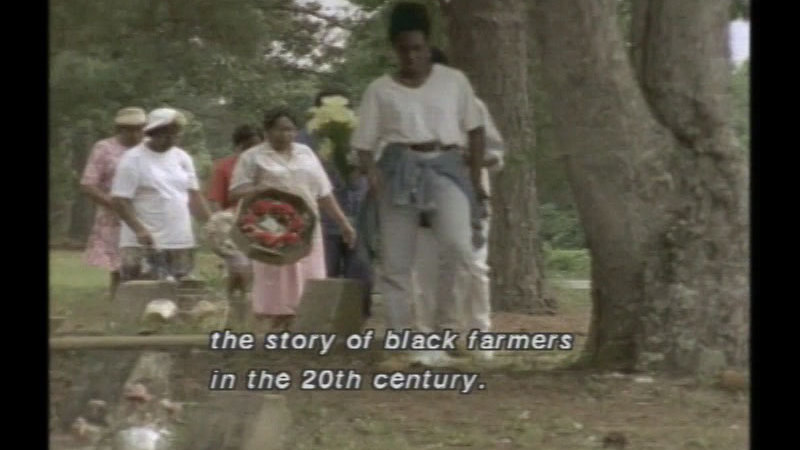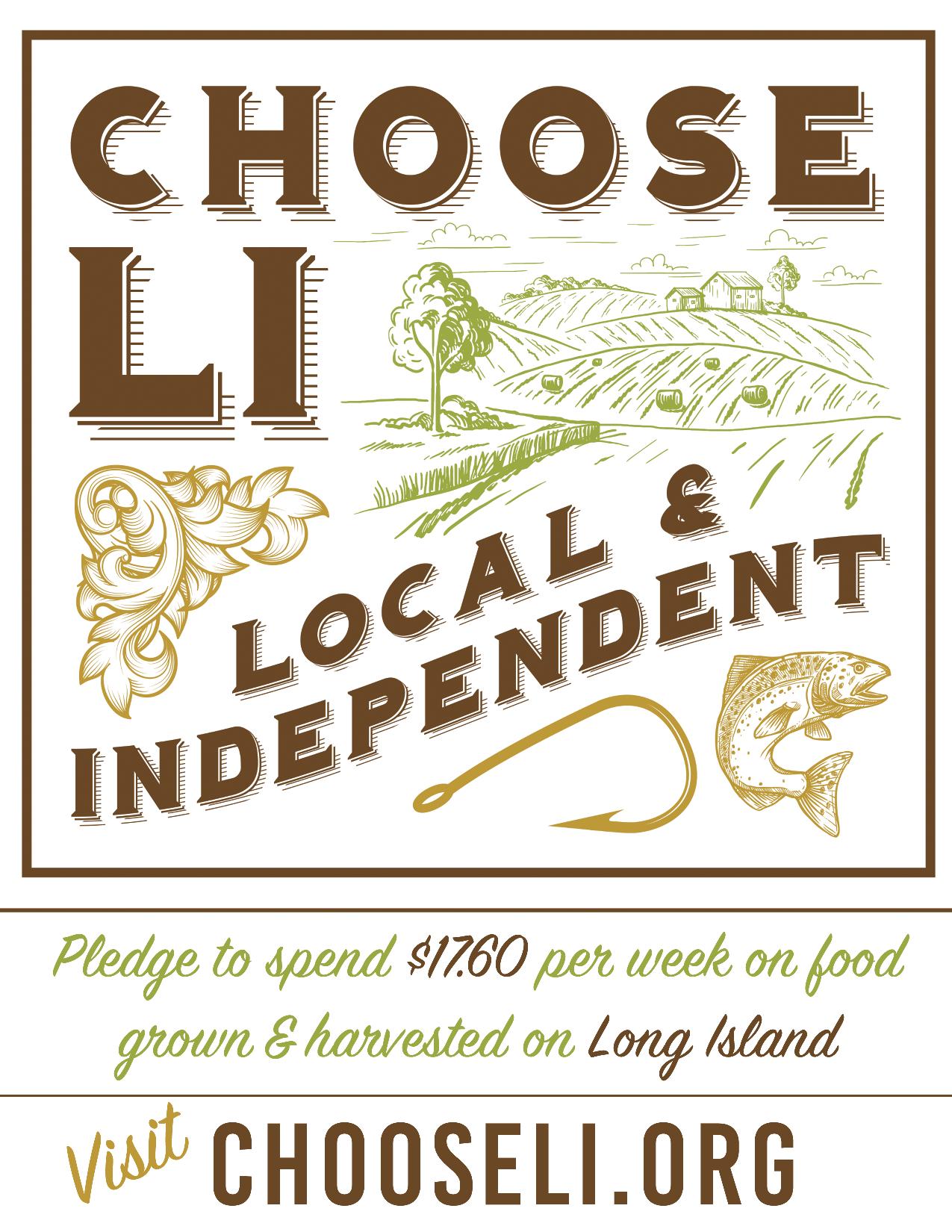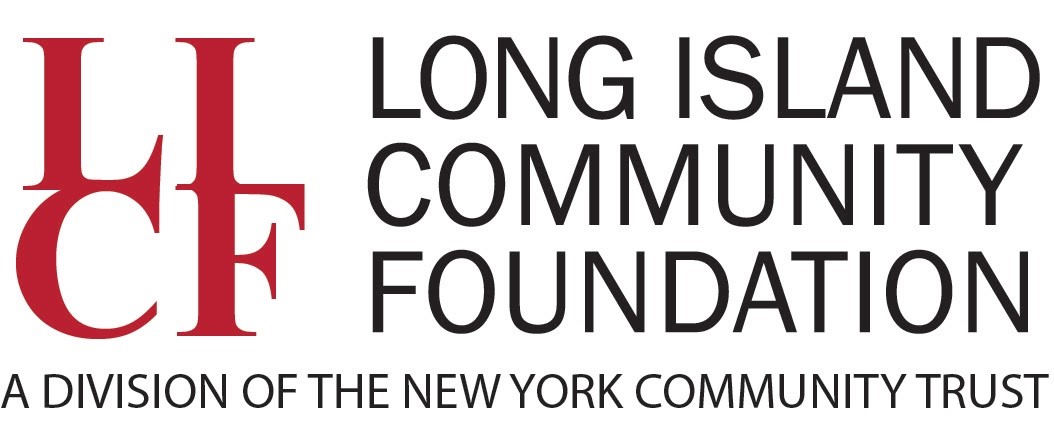Homecoming: A Story of African American Farmers
LI AgriCULTURE: Celebrating Local Foods with the Power of Film
FREE Online Film Screening
Presented by Cinema Arts Centre in partnership with ChooseLI and the Suffolk County Department of Economic Development and Planning and made possible with support from the Long Island Community Foundation
Admission is FREE (Click "Buy Tickets" for FREE registration.)
For the final installment of our 2021 LI AgriCULTURE series, we will be taking a look at the history and impact of black farmers in America. By the 1910s, around 200,000 Black farmers owned an estimated 20 million acres of land in the United States. Since then, the number of Black farmers has plunged by 98 percent, with black-owned farms representing less than 1 percent of all farms in America today.
On Long Island there were once numerous Black-owned farms stretching from Queens to the East End. During the 19th and early 20th centuries, Black Long Islanders established farms in and around the communities of Sag Harbor, Manhasset, New Cassel, Roslyn Heights, Amityville, Glen Cove, Setauket, Bridgehampton, as well as many others. Today, no black-owned farms still exist on Long Island. Due to the lack of black-owned farms on Long Island, we were unable to secure a community partner for this event. While the lack of context is disappointing, this discovery reaffirms the importance of this program and is a reminder of the necessity to bring attention to this issue.
Homecoming:
In 1920 there were hundreds of thousands of black farmers in America; in 1999 there were fewer than 18,000. Filmmaker Charlene Gilbert travelled to Georgia, the place she calls home, where her cousin still farms the family’s land. Gilbert recounts her family history while she investigates the social and political implications of the decline of black farming, and explores the bittersweet legacy of the land, a symbol of both struggle and survival.
Homecoming paints a picture of the courageous journey of black farmers who started as freed slaves after the Civil War. By 1910, there were 200,000 African American farmers who had bought land, a staggering number considering the poverty and discrimination they faced. However, the Supreme Court’s 1954 decision on Brown v. Board of Education polarized the whole country. Its impact in the South went far beyond the classroom; many farmers who needed credit found they suddenly couldn’t get it, a process known as “red-lining.” Gilbert unearths footage of U.S. government farm bureaucrats paying lip service to black farmers. A 1964 study of the Department of Agriculture under the Johnson administration found that there had been discrimination against African Americans in every level of the agency. Homecoming explores the spiritual and symbolic meaning of land for black farmers in America.

LI AgriCULTURE: Celebrating Local Foods with the Power of Film engages our community in Long Island’s rich landscape of sustainable food production through the power of documentary film, helping to foster pride in our shared agricultural and aquacultural heritage, and inspiring us to choose more local foods. Presenting dynamic documentary screening and discussion programs, virtually and in a variety of locations, our program will connect audiences to local food producers and encourage and empower our community to include more locally and sustainably produced foods in our daily diets. Learn more: https://cinemaartscentre.org/li_agriculture/


